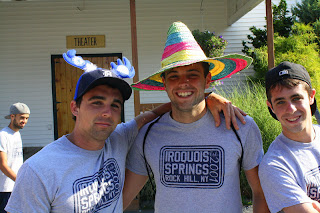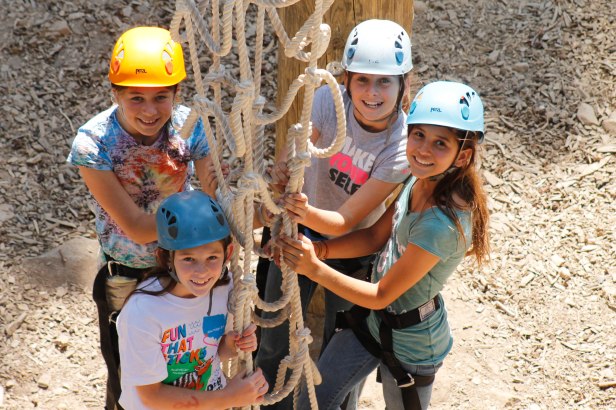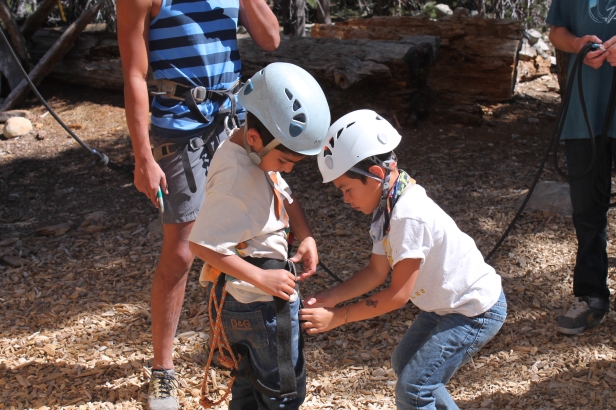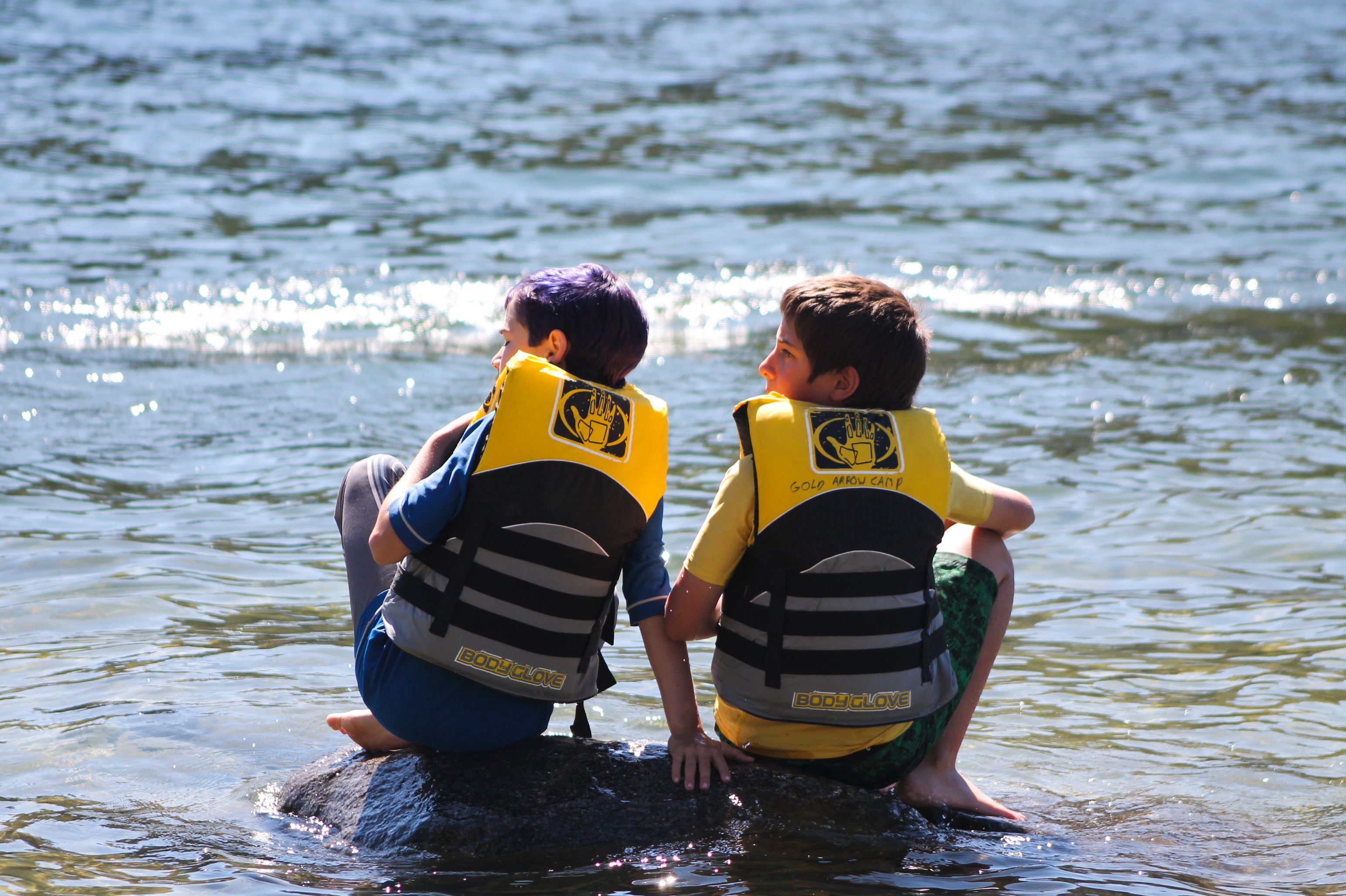 If you are
someone who exercises regularly, you know the feeling you get after a good
workout. You feel accomplished,
energized and ready to take on the day.
There is no debating that regular exercise brings many health benefits,
like weight control, lower blood pressure, skeletal health, psychological
well-being and self-esteem. But did you
also know that physical activity leads to better learning. Over the years, a number of scientists have
shown the correlation between high standardized test scores and physical
fitness scores (CA Dept. of Education study).
According to an International
study published in the Archives of Pediatrics and Adolescent Medicine, children
who get more exercise also tend to do better in school. Regular exercise in gym class, or on the
playground improves attention span, memory, and learning. At the University of Illinois, Dr. Charles
Hillman’s research shows that after a 30 minute stint on the treadmill,
students actually do up to 10% better at problem solving. “It’s good for attention, it’s good for how
fast individuals process information, and how they perform on cognitive tasks”
says Hillman. Researcher, John Ratey, of
the Harvard Medical School, says “Exercise makes our brain more ready to
learn”.
If you are
someone who exercises regularly, you know the feeling you get after a good
workout. You feel accomplished,
energized and ready to take on the day.
There is no debating that regular exercise brings many health benefits,
like weight control, lower blood pressure, skeletal health, psychological
well-being and self-esteem. But did you
also know that physical activity leads to better learning. Over the years, a number of scientists have
shown the correlation between high standardized test scores and physical
fitness scores (CA Dept. of Education study).
According to an International
study published in the Archives of Pediatrics and Adolescent Medicine, children
who get more exercise also tend to do better in school. Regular exercise in gym class, or on the
playground improves attention span, memory, and learning. At the University of Illinois, Dr. Charles
Hillman’s research shows that after a 30 minute stint on the treadmill,
students actually do up to 10% better at problem solving. “It’s good for attention, it’s good for how
fast individuals process information, and how they perform on cognitive tasks”
says Hillman. Researcher, John Ratey, of
the Harvard Medical School, says “Exercise makes our brain more ready to
learn”.  The
connection between exercise and success in the classroom is not perfectly
clear, but research shows a positive association. That may be because physical activity
improves blood flow to the brain, which increases brain function and improves
concentration levels. Increased blood
and oxygen can also lower stress level and boost moods. Becky Hashim, a clinical psychologist and
assistant professor at the Children’s Hospital of Montefiore in New York City
notes “It’s hard to tease apart the exact reason for this association. It may be that the children are getting more
oxygen”. Our brain needs oxygen to think,
and improved thinking enhances grades.
The
connection between exercise and success in the classroom is not perfectly
clear, but research shows a positive association. That may be because physical activity
improves blood flow to the brain, which increases brain function and improves
concentration levels. Increased blood
and oxygen can also lower stress level and boost moods. Becky Hashim, a clinical psychologist and
assistant professor at the Children’s Hospital of Montefiore in New York City
notes “It’s hard to tease apart the exact reason for this association. It may be that the children are getting more
oxygen”. Our brain needs oxygen to think,
and improved thinking enhances grades.

Experts
suggest children engage in some form of exercise every day. The best part is that exercise is simply
about moving your body. So even if you
are not interested in competitive sports or aren’t playing on a school team,
you can still find some sort of activity to get you moving. Your mind and body will benefit from taking a
walk, riding a bike, throwing a Frisbee or dancing. It does not have to be an organized activity,
just something you find enjoyable and gets your heart pumping. Being active will also help you sleep better,
feel more energetic and decrease levels of stress. Find a way to be active every day and set up a
lifetime habit that will give your mind and body enormous benefits. This
past summer Iroquois Springs built a brand new fitness center complete with an
aerobics studio, spin room, and cardio/weight room. Campers enjoyed having this wonderful
addition all summer long, and got into terrific shape. Our fitness director, Tara did a fantastic
job of getting both campers and staff active and fit throughout the summer.












